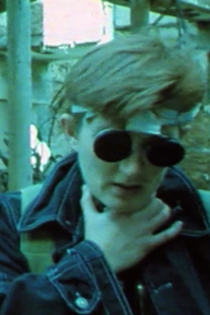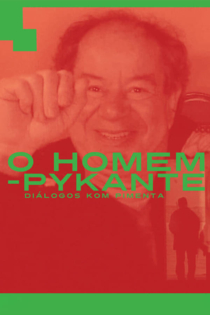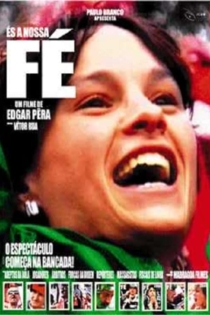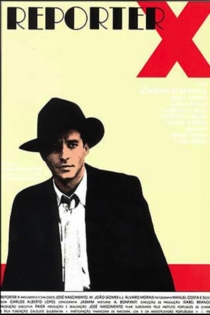
Edgar Pêra
1960 (65 лет)Zombietown 23
Edgar Pêra
Terrence McKenna: "What is real is you and your friends and your associations, your highs, your orgasms, your hopes, your plans, your fears." Aleister Crowley: "I am divided for love's sake, for the chance of union." Pessoa: "We never love anyone. What we love is the idea we have of someone." A music-text-collage-trance.
Zombietown 23

Movimentos Perpétuos: Cine-Tributo a Carlos Paredes
Edgar Pêra
The unconventional biography Perpetual Movements: A Cine Tribute to Carlos Paredes uses snippets of the guitarist's work as well as archival performance footage alongside a series of images created specifically for the movie in order to tell the tale of this multi-faceted artist
Perpetual Movements: A Cine Tribute to Carlos Paredes

Manual Of Evasion LX94
Edgar Pêra
Duarte Barrilaro Ruas, Miguel Borges
“Manual of Evasion LX94” is a thought-provoking Dadaist film about time by the Portuguese director Edgar Pêra. It was shot in Lisbon in 1994 and stars Terence McKenna, Robert Anton Wilson and Rudy Rucker. Time is explored from many unusual angles, while Pêra fills the screen with a wide variety of bizarre and mind-warping imagery.
Manual of Evasion LX94
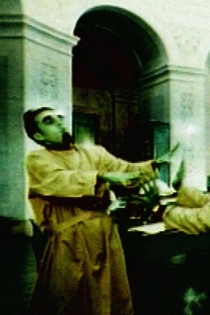
Lisboa no Cinema, Um Ponto de Vista
Manuel Mozos
Alberto Seixas Santos, António da Cunha Telles
The city during the beginning of cinema. The typical city at the time of the dictatorship. The New Lisbon of the New Cinema. Lisbon after the Revolution. The white city of foreigners. A geographical and moviegoer screenplay of Lisbon through the images of films and testimonies of several filmmakers who filmed in Lisbon.
Lisboa no Cinema, Um Ponto de Vista
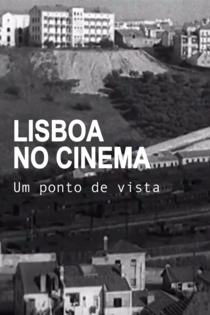
A Janela (Maryalva Mix)
Edgar Pêra
Lúcia Sigalho, Manuel João Vieira
An experimental and surreal film, a mix of weird and unusual "avant-gard" cinematography with some traditional icons of the Portuguese culture, like Fado or the typical neighbourhoods of Lisbon, in this case the "Bica" is a typical neighbourhood which is used as setting to the plot.
A Janela (Maryalva Mix)
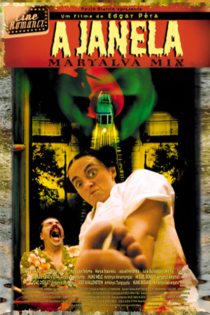
Os túneis da realidade
Edgar Pêra
Edmund Husserl observed: "All perception is a gamble", which Robert Anton Wilson expands upon when he suggests that "[others] just have a different reality tunnel, and every reality tunnel might tell us something interesting about our world, if we are willing to listen." All seen through the mirror of João Queiroz’s art.
Who Is the Master Who Makes the Grass Green?
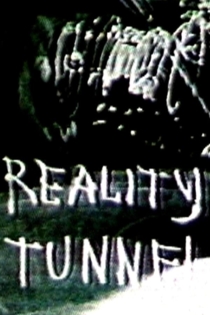
25 de Abril - Uma Aventura Para a Demokracya
Edgar Pêra
Some years ago, the Palácio de São Bento suddenly shook from visitors singing Zeca Afonso’s 1972 Grândola, Vila Morena in protest against Prime Minister Pedro Passos Coelho’s neo-liberal politics. Do the Carnation Revolution’s dreams live on in verses such as "On each corner there's a friend / In each face there's equality / Grândola, brown town / Land of fraternity"?
April 25 – An Adventure for Democracy
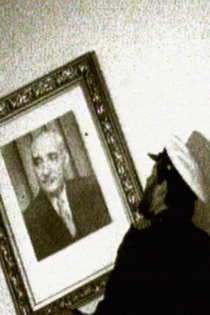
O Espectador Espantado
Edgar Pêra
Diana Sá, Miguel Borges
A kino-investigation about spectatorship, a continuous conversation between different kinds of spectators: which one is more cinema: Citizen Kane on a mobile phone or a football game projected in a cinema theatre? What is the cinema of uncertainty? How many kinds of amazement exist? Does fear and belief precede amazement? What are the rights and duties of the spectator? Is the essay film a manifesto against voyeurism? Should spectators be paid? What amazes the spectator of this day and age?
The Amazed Spectator
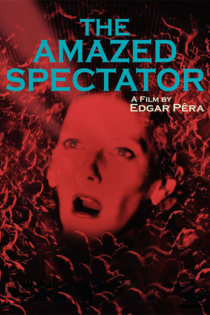
88
Edgar Pêra
Miguel Guilherme, Ivo Serra
A 14-year-old kid, addicted to videogames, goes with his parents to a shopping mall and separates from them to go to a game store called UTOPYA. He doesn't come back. His parents get in despair, and his father tries everything he can to bring him back.
88
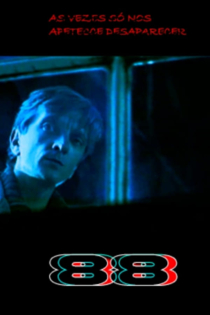
O Barão
Edgar Pêra
Nuno Melo, Vítor Correia
A school inspector travels to the baron’s fiefdom to write a report on a heathen teacher. Having arrived, he is invited to stay with the baron, who makes predictions about women, horses and politics while the mysterious Idalina serves food and drink. The inspector becomes inextricably entangled in the baron’s world.
The Baron
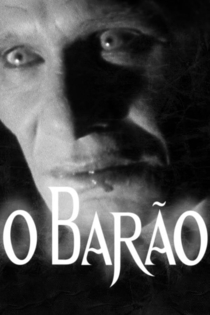
Reproduta interdita
Edgar Pêra
Margarida Matos, Lígia Pereira
In 1988, Lisbon’s Chiado was ravaged by a fire; now, some of the highest real estate property prices in Portugal are paid for a piece of this Álvaro Siza Vieira-renovated area. Reproduta interdita was one of Pêra’s first (and certainly weirdest) works to deal with the aftermath of this disaster.
Reproduta interdita
